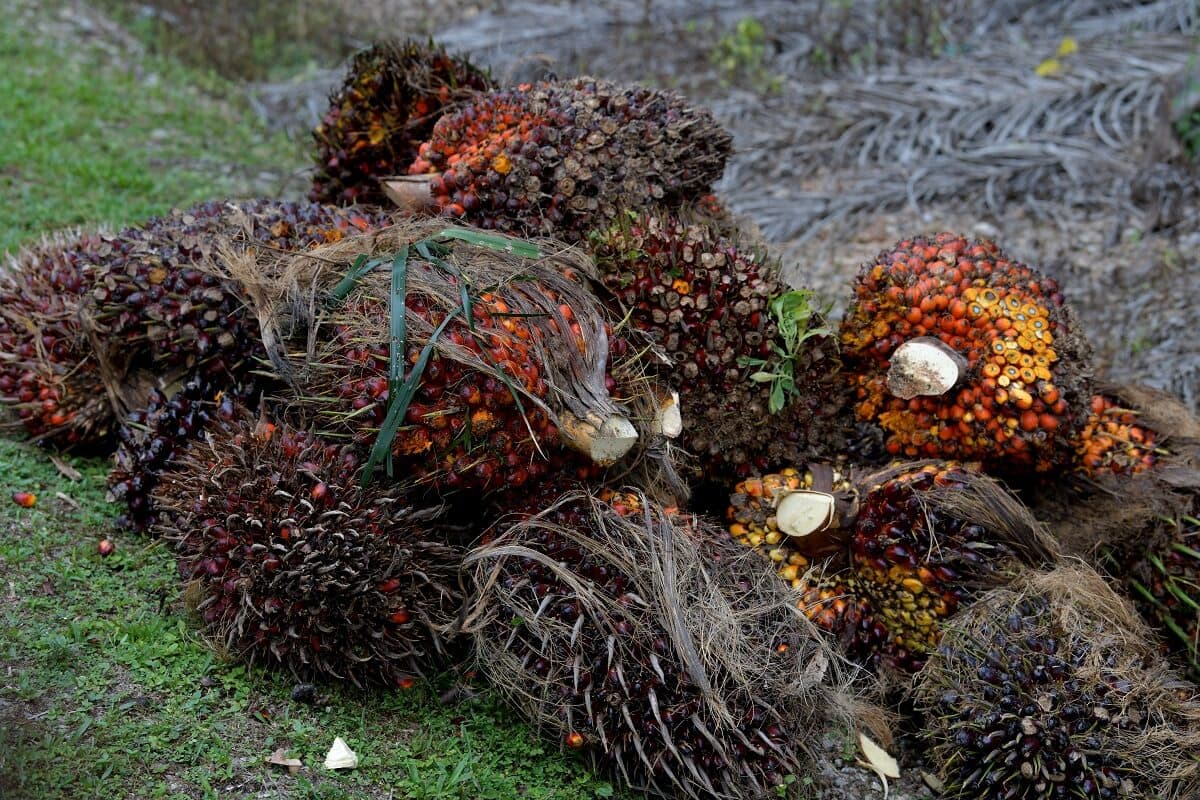
KUALA LUMPUR (Oct 4): Sarawak is likely to overtake Sabah to become the largest crude palm oil (CPO)-producing state in the country in three years' time as Sarawak’s CPO production is still at a growth stage due to its younger age profile.
“There is [a] better production growth coming from Sarawak, which has a younger age profile relatively compared to Sabah, whereby [the state] is currently undergoing [a] replantating cycle,” said UOB Kay Hian Securities ASEAN plantation research director Leow Huey Chuen.
At a panel discussion titled “Palm Oil Market Outlook in East Malaysia and China” in conjunction with the East Malaysia Crude Palm Oil Futures (FEPO) virtual launch ceremony hosted by Bursa Malaysia Derivatives on Monday, Leow said there are very high proportions of eight- to 15-year-old prime palm trees in both states which will help to ensure sustainable growth and supply of palm oil from East Malaysia (EM) in terms of the growth prospects.
According to Leow, EM accounted for 45% of total CPO production in Malaysia and 53% of Malaysia’s total oil palm planted areas last year.
“Not to forget, a systematic replanting with the higher-yielding materials will boost the oil yields and contribute to the future supply growth from EM.
“Of course, there is the need for further improvements in the infrastructure which are essential to accommodate the higher volume of fresh fruit bunch (FFB) and CPO. The ongoing project — Trans-Borneo highway — and the continuing improvement of port facilities in Bintulu, Sandakan and Lahad Datu will definitely help to sustain growth from EM,” she said.
On a related note, CGS-CIMB Securities head of Malaysia research/regional head of agribusiness Ivy Ng said there are several key challenges that CPO producers could face for the foreseeable future.
One of the major challenges, Ng said, is to reverse the decline in CPO yields as the declining yield could be due amongst others to the recent labour shortages which have been well documented in the press.
According to Ng, Sabah’s CPO yields of 3.49 tonnes per hectare in 2020 are the lowest since 1990 whereas Sarawak CPO yields of 2.94 tonnes per hectare in 2020 were 16% lower than Sabah.
“[This is] simply because Malaysia has banned the intake of foreign workers since last year in March. The plantation industry is heavily dependent on foreign workers. So, we do have these very acute labour shortages in Malaysia [as] it affects productivity and therefore the CPO yields,” she said.
This is also in addition to diseases, the usual adverse weather events and impact of climate change like the El Nino and La Nina, as well as the ageing estates in Sabah.
“With the government indicating recently that they are going to allow foreign workers to come in, we see perhaps potential for the labour shortages issue to be alleviated,” she added.
Another major challenge in her view would be trying to contain potential rising estate costs, which could be due to the potential increase in the minimum wage and foreign workers levy as documented in the recent 12th Malaysia Plan where the government is looking at a multi-tier foreign worker levy system.
Besides that, there are also various taxes imposed on Malaysian planters, namely the windfall profit levy, and increasing compliance costs to meet environmental, social and governance (ESG) standards.
“The third major challenge is in reversing the negative perception of palm oil, such as in December last year, the US Customs and Border Protection (US CBP) issued a Withhold Release Order on palm oil produced by Sime Darby Plantation Bhd entities in Malaysia and FGV Holdings Bhd on forced labour allegations.
“The key challenge here is to reverse that which we see with the prospect of doing so perhaps only in next year,” she said.